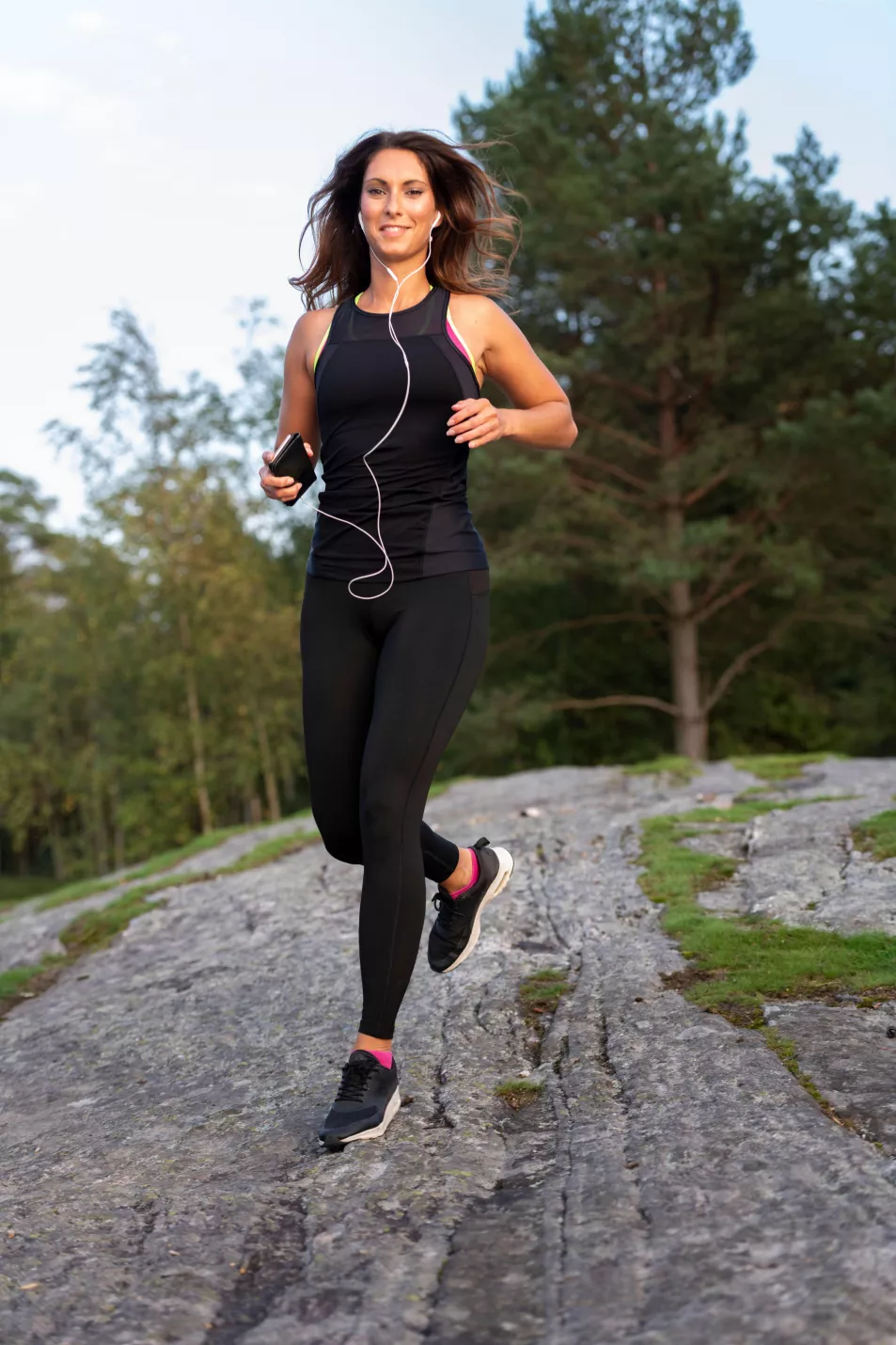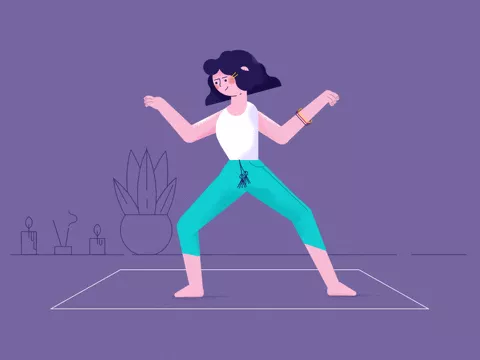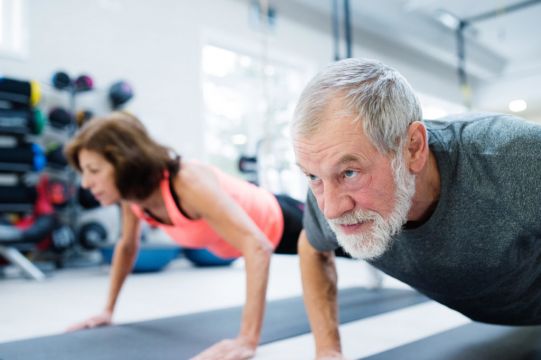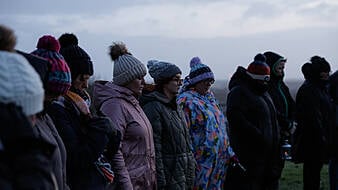At the peak of summer, it can sometimes feel impossible to get a good night’s sleep.
It can also be tough to fit in your normal exercise routine with your diary increasingly filling up with social engagements, and trips to the park or pub garden looking a lot more alluring than the gym.
However, the two are interlinked, and exercise could potentially be the key to a good night’s kip.
How can exercise impact sleep?
“Moderate aerobic exercise increases our slow wave or ‘deep sleep’, in which brain and body are able to refresh and revitalise,” explains Dr Sarah Davies, consultant in musculoskeletal, sport and exercise medicine at the Institute of Sport, Exercise & Health (ISEH).
“Exercise also helps to calm your mood and settle the mind, preparing you for a restful and satisfying sleep.”
Trainer Haydn Elliott agrees with this idea of exercise for the mind.
“Exercise can calm anxiety and depression, helping the mind to relax and enable a good night’s rest,” he says.
While for GP Dr Hagar El-Habti, the most important reason is because exercise can prevent conditions that can cause insomnia, and therefore give you a better night’s sleep.
“Various illnesses and diseases like obesity, depression and pain, to name a few, can cause people to suffer with poor sleep, but regular exercise and remaining fit can alleviate symptoms in some cases,” she says.
You might think that exercise would make you more tired during the day, but El-Habti explains: “Having a regime and working out can also battle sleepiness and fatigue during the day, and actually boost your energy levels, which means you’ll be more tired by bedtime, and drift off more quickly – subsequently promoting higher quality sleep.”
What kind of training should you do?

“There is no ‘one-size-fits-all’ exercise prescription for sleep hygiene,” says Davies. “Listen to your body and remember to warm up and cool down before and after exercise, to avoid build-up of metabolites that may keep you up at night” – and consult your GP if you have any questions.
If anxiety is keeping you up at night, you could focus your exercise regime on tackling that. El-Habti says: “Aerobic exercises that increase heart and breathing rates, like brisk walking, running or cycling can make getting off to sleep easier by lowering blood pressure and reducing anxiety.”
And if you really want to get a good night’s sleep, she recommends exercising outdoors. [This] can boost your body’s circadian rhythm [and] exposure to daylight on a bracing walk or playing sport can help to keep you alert during the day, and as the sun goes down can trigger the body’s production of melatonin, which is what makes us feel sleepy.”
Does the time of day matter?

Everyone is different, and El-Habti says what works for you might depend on whether you’re a night owl or an early bird, as well as any underlying health conditions.
She adds: “It’s recommended to stop exercising at least 90 minutes before you plan to go to bed, as this allows endorphin levels and core body temperature to return to levels that are favourable to sleep.”
If you can only fit in an evening workout and find yourself too keyed up after something like HIIT, Elliott says: “There are so many different types of exercises you could try, from stretching, to resistance, to cardio. Eliminating all of these would be a huge error, as you may find that they actually help you sleep as you have burnt off all your energy from the day.”
Any mistakes to avoid when it comes to exercise and sleep?

“If you choose to workout later in the day, you should think about how you are going to fuel yourself pre- and post-workout,” says Elliott. “Opting for caffeinated drinks to keep your energy up for your evening workout is great, until you try to go to bed that night.”
When it comes to exercise, a lot of it is trial and error, finding out what works for you – and adjusting accordingly. For example, El-Habti says: “If you’re continually waking up during the night, it may be that strenuous exercise in the early evening is raising your core body temperature too much, and in turn impacting on the quality of your sleep.
“With that in mind, resistance exercise, light aerobic exercise or yoga may be your best bet, as you get the benefits of the workout – without raising your body temperature too much.”







